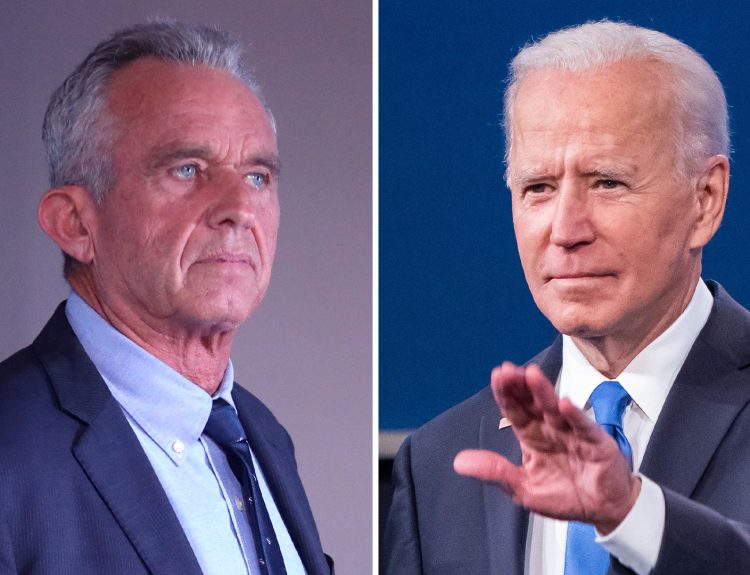Every decision that a president makes during an election year is heavily scrutinized and analyzed, both by his allies and his enemies. Joe Biden is no exception, and there has been no end to the attack ads and the support ads that have been bought regarding his choices. A recent decision may have had dire consequences for his 2024 prospects, though only time will tell.
Joe Biden Has Made Mistakes
Joe Biden has made several major blunders during his presidency. It could be argued that the most high-profile mistake that he made was the swift exit of United States forces from Afghanistan back in 2021, with both allies and enemies looking on his decisions and wondering exactly what the end goal was.

That situation was far from ideal, though it could be argued that Biden was simply following up on a situation that had been left for him by previous administrations. The dust settled on Joe Biden after the Taliban reassumed power, though, and now a more recent event has put Joe Biden’s fitness for presidency in question again.
Israel is a Major Factor
Recent global events have caused Joe Biden to bungle again in the eyes of the American people. The war in Israel between the Israeli government and the Hamas terrorists of Palestine has been making global headlines, and for good reason.

The United States and Israel have a particularly special relationship that makes it in the United States’ best interest to assist Israel in their defense from terrorists. While there are many who have tried to paint this support as the United States supporting an apartheid nation, the situation between Israel and Palestine goes back much further than that and is much more complicated.
Israel and Palestine Go Way Back
The nation of Israel formally declared independence and became a recognized nation in 1948 after the outset of the civil war. This is after a mandate from the British government expired that allowed Jewish immigration to increase exponentially to the region following the conclusion of WWII.

The massive increase in Jewish immigrants to the area, who then began to buy up land in Palestine in droves, caused tension between the Jewish migrants and the Arab majority population. These tensions increased after the mandate and Israel’s declaration of independence as a nation.
No, Even Further
The history between Jews, Christians, and Muslims in the area known as Israel and Palestine goes further back than merely the past 70 years, though. The land that currently encompasses the country of Israel and the region of Palestine has been considered the spiritual homeland for Jews, Muslims, and Christians for millennia.

The conflict over the region goes back to the time of Christ himself, with many wars having been fought over the area throughout early recorded history. Some of the earliest Jewish artifacts that have been studied by historians and theologians come from the area, including the Dead Sea Scrolls.
Peace in the Region Has Not Been Smooth
Since Israel declared independence as a nation in 1948, there have been multiple conflicts between Israel, Palestine, and the surrounding governments. Palestinians attempted to take back the land from Israel all through the 50’s, the 60’s, and into the 70’s, though they were unsuccessful.

It wasn’t until the 1979 peace treaty between Israel and Egypt that there began to be an uneasy peace in the region between the Jewish Israel and the Muslim majority countries surrounding it. This is a peace that is shaky and constantly in question, as has been seen with recent events in the Middle East.
Hamas Takes Power
This peace has been called even more into question in the last few decades, ever since the Hamas government was elected in Palestine in 2006. They won by launching a campaign against what they call the “Israeli occupation of Palestine,” and since then have used their powers in order to try and dispel Israel from the area.

This ideology has led to multiple wars between Israel and Hamas, in 2008, 2012, and 2021. Every time, the Hamas militants were unsuccessful in their attacks on the Israeli government, and it only drove tensions in the region higher when they failed.
Tiktok Driving a Divide
The current conflict between Hamas and Israel has made significantly more waves internationally than previous conflicts, though. This is because it is one of the most publicized conflicts between the two governments, with various social medias playing a significant factor in spreading information about the conflict and history of Israel and Palestine.
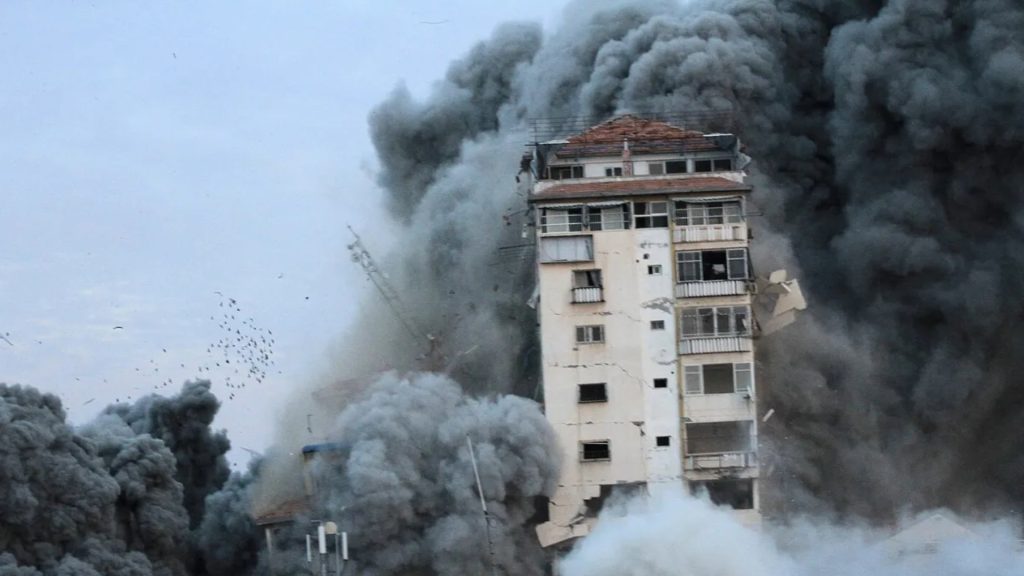
In particular, Tiktok has done a great deal to both disseminate information on the conflict, and draw clear lines about where people stand on the issue. Liberals tend to side with the plight of the Palestinian people who they believe have been wrongfully occupied by the Israeli government, while moderates and conservatives tend to side with the United States military ally Israel.
The US Government’s Response Has Been Controversial
The response from the United States government on the conflict has been lauded by some, and decried by others. Unsurprisingly, these reactions fall along the political ideological lines outlined above. Biden has made clear his unwavering stance in support of Israel, which is a stance that nearly all administrations before him have held as well.

For some, this has not been a popular stance, particular when it comes with financial support from the United States. The conflict between conservatives and liberals, older generations and Gen Z, has led to an uneasy attitude regarding global politics ahead of election season.
The Conflict Is Destabilizing the Region
The Israel and Hamas conflict has had wider global implications than merely the conflict between those two countries, though. The headlines are all around the bombing that is occurring between Hamas and Israel, the people who have died, and the number of refugees that surrounding nations such as Egypt and Jordan are being asked to take in.

A conflict like this has the power to significantly destabilize a region that is already poor and on shaky ground as far as economic and political stability. Wars in the Middle East are nothing new, and this is just one step further on the global stage.
Other Groups Are Getting Bold
The lack of stability and the ongoing conflict between Hamas and Israel has emboldened other groups in the region to launch their own attacks. While Biden’s response to the Israel and Hamas conflict has been seen as inadequate, the response to these other militant groups might have devastating consequences in regards to his election chances.

One group in particular, the Houthi rebels, have been making quiet moves ever since Hamas attacked Palestine. The Houthi movement is a group of Islamic extremists whose entire ideology focuses around the eradication of Americans, Jews, and Israel itself, and they have used the Hamas conflict to push their own agenda.
Attacks in the Red Sea Are Concerning
Since early December, the Houthi rebels have been engaging in attacks on ships in the Red Sea, with increasing intensity. More than 100 attacks have been noted in the area, with the Houthi rebels targeting commercial vessels passing through the area.

This is a concerted and unsettling effort to destabilize both the United States and other countries through targeting of international shipping. The Red Sea is an important shipping route for global trade, with nearly 15% of global seaborne trade passing through the area. This includes 8% of global grain trade, 12% of seaborne-traded oil, and 30% of global consumer goods.
The Red Sea Performs an Important Job
The Red Sea has been seeing more traffic this year in the wake of the drought that was seen in the Panama Canal last year, giving the Houthi rebels plenty of targets. The Red Sea route is mostly used to connect Asia and Africa to Europe, but it also carries oil shipments from the Gulf to North America.
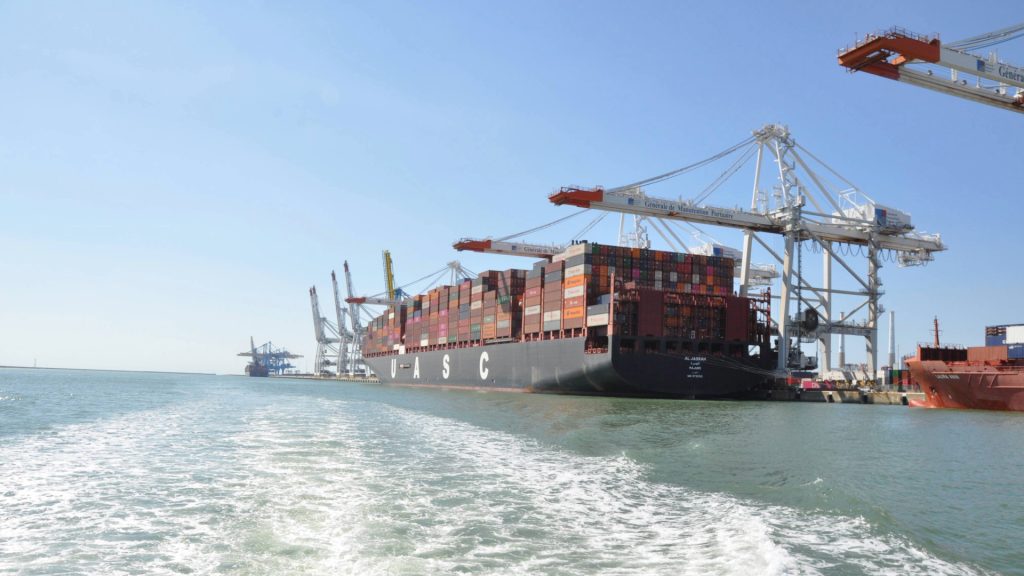
The importance of the Red Sea shipping route for global trade and distribution of goods cannot be understated. It is the shortest and cheapest route to connect these important trade partners, and the Houthi rebels targeting ships passing through the area is cause for global political concern.
Companies Have Started Rerouting
The attacks in the Red Sea have caused many countries and companies to reroute their container ships in order to avoid the conflict and the potential loss of profit. Many companies have chosen to send their ships around the Cape of Good Hope, but this is a journey that adds both significant time and cost to the journey.
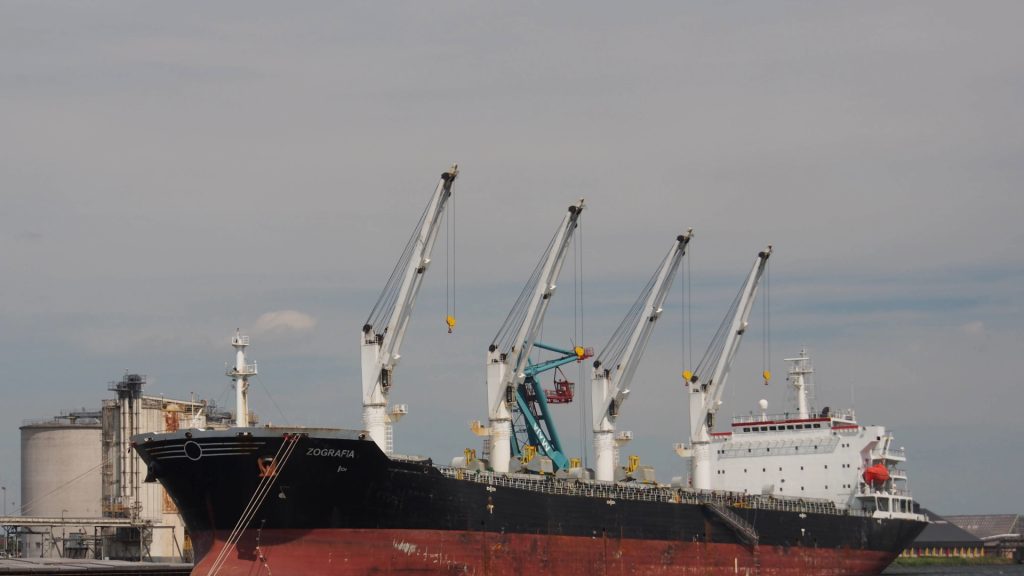
Because of this added cost to the shipping itself, it has caused product shortages in countries such as the United States, as well as the threat of rising inflation, yet again. And it is these factors that could be deadly to Biden’s reelection chances, rather than the conflict itself.
A Massive Impact on Global Inflation
The issue of shipping in the Red Sea is reminiscent of the blockage that occurred in the Suez Canal in 2021, as far as its effects on global inflation and distribution. The March obstruction of the Suez canal only lasted six days, but it had a massive impact on both supply chain and inflation.
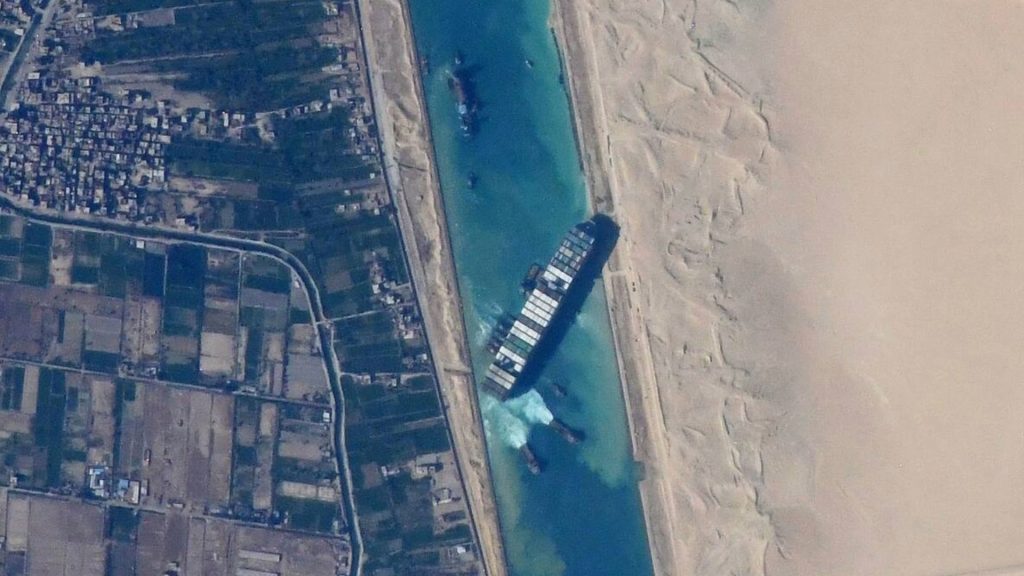
The conflict in the Red Sea is looking to have similar effects, which is deeply concerning ahead of Biden’s campaign for reelection. The cost of container shipping from Asia to Europe has already increased anywhere between 175%-250%, and the global cost of oil and gas has been particularly volatile as well.
The Economy Weighs on Voters Minds
The economy and inflation have already been important issues for many voters ahead of the 2024 election, despite Biden’s efforts at showcasing the benefits of “Bidenomics.” The results of the attacks by the Houthi rebels are just another potential nail in the coffin of Biden’s reelection chances.
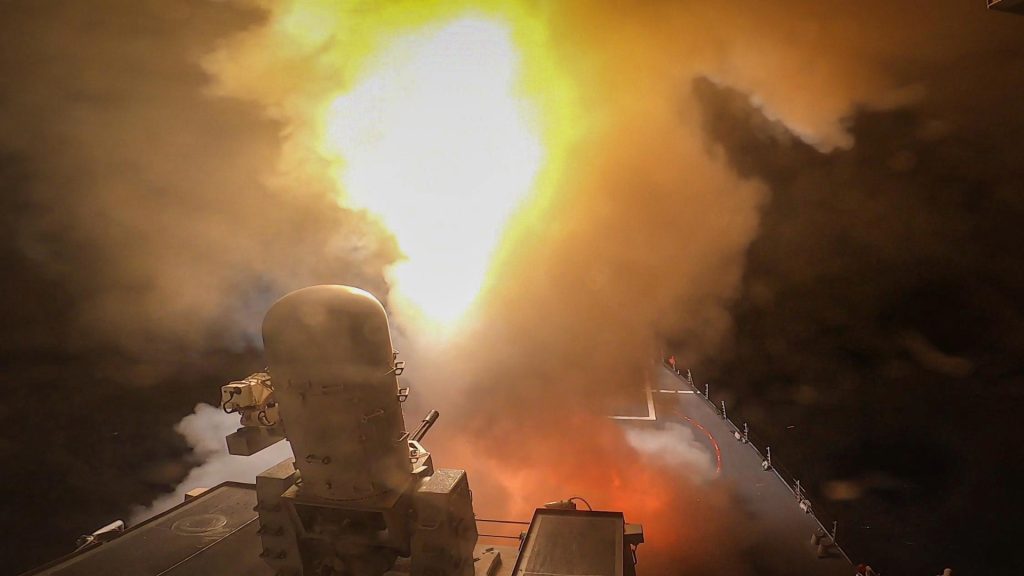
Biden and his administration authorized airstrikes against the Houthi rebels in an effort to curb the attacks that have been being executed in the Red Sea and the Middle East as a whole. This is a move that has, like many before it, been controversial, though the intent was to halt some of the ongoing conflict at the source.
Companies Aren’t Happy, and Neither Is the Fed
The administration’s move to curb the Red Sea attacks haven’t seemed to make companies any more comfortable with the situation, and the potential for rising inflation is still high. This would be a devastating blow to the administration, who hasn’t cultivated a great deal of trust with voters in regards to the economy.

Likewise, though the Fed signaled that they were ready to start reducing interest rates in 2024, in a move that some have seen as an attempt to boost Biden’s chances at reelection. However, the fact is that if global inflation spikes as a result of the attacks in the Red Sea, there is minimal chance that they can justify lowering interest rates.
A Complicated Issue That Affects Us All
The situation in the Middle East is complicated, and calls for compassion for the individuals who are dying and being injured in a conflict that they didn’t choose. However, it’s important to recognize that what is happening there affects the rest of the world in some fairly profound ways.
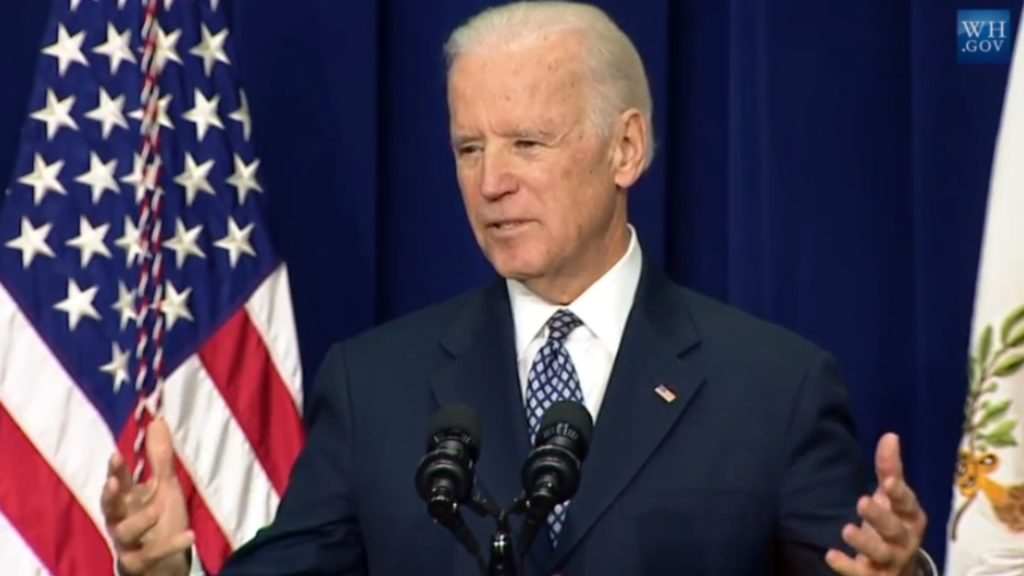
Whether the Biden administration will be able to recover from the attacks on the Red Sea or the economic crisis in the United States remains to be seen. There are months to go before the election, but where things currently stand, things are looking pretty dire for the current administration.






